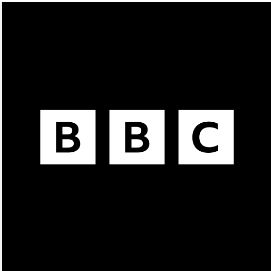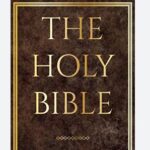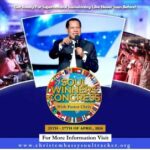You’d recall that the BBC’s founder, Lord Reith, was the son of a Scottish Presbyterian minister and was himself a Christian. In addition, both of the BBC’s mottos came from the Bible – “nation shall speak peace unto nation” was taken from the writings of the prophets Isaiah and Micah, and ‘Whatsoever’ is a reference to Philippians 4:8. However, despite Christian origins, ultimately, the BBC has an anti-Christian problem, and one that has persisted for years. Furthermore, the anti-Christian sentiments in the BBC appear in diverse ways – but primarily, Christianity is either under-reported, misreported or merely selectively covered by the BBC, whether that be on radio, television or digital media.
But let’s start with efforts to erase or under-represent Christian influence. There are varying explanations from Christians concerning the BBC’s bias against Christianity. The explanations range from a (possibly literal) takeover of Broadcasting House by satanic forces to a simple lack of corporate courage within the organisation to swim against the turbulent currents of present-day culture. But, ultimately, many Christian leaders find both the error of omission and commission at the BBC.
In terms of omission, the role of Christianity in the life of an individual or in history is, all too frequently, conveniently overlooked by the BBC. One example is the BBC’s treatment of Nick Vujicic. In writing about him, a different platform described Nick Vujicic in its FIRST LINE as “a Serbian-Australian Christian evangelist and motivational speaker born with tetra-amelia syndrome . . .” HOWEVER, mysteriously on the BBC website – in the article titled ‘The man who leads with no limbs’ – all reference to his Christian faith has been removed. Another instance is the omission of Usain Bolt’s firm Christian faith in a lengthy biographical treatment of him in 2016, that was titled ‘Usain Bolt – the world’s fastest man by those who know him best’. And so, the question has to be asked: Is this wilful bias or simply a lack of courage and truth to say clearly what motivates these individuals?
Well, in an open letter to the BBC admonishing their anti-Christian attitudes, Evangelist J. John argued that these are not unique cases, even going on to add that he has come across references to organisations and individuals that he knows to be Christian where this most fundamental element in their existence is quite simply overlooked. Well, to answer the question on whether this is bias or a lack of courage, I would argue that it is a detrimental bias, and one that has fuelled the audacity not only to omit the influence and impact of Christianity, but also to speak against Christian figures and leaders completely like we’re seeing today.
However, even if this was a lack of courage from writers or editors and producers, it is still a clear problem, especially when it affects the representation of a person’s character on your platform. This is especially so because in removing the Christian identity of these figures, the BBC is effectively diluting the conviction and identity of these figures in order to present them in a manner that they view as palatable to their audience. But it is disrespectful to the person to pre-judge a significant and integral part of their existence as something that can simply be edited out of the BBC’s communication of their testimony and story. But have a listen to how tremendous the story of a life of faith is when these figures testify.



